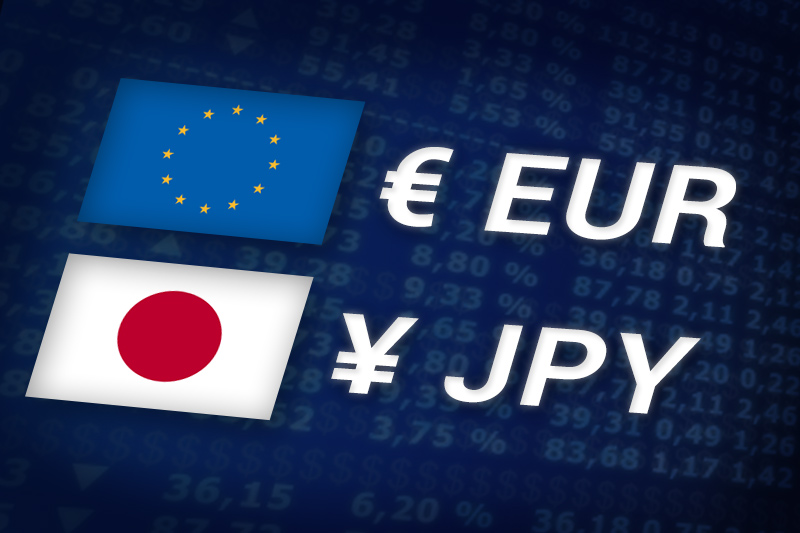Investing.com - The euro pulled back from a four-month high against the yen on Monday, amid increased safe haven demand as renewed concerns over the handling of the euro zone’s debt crisis weighed.
EUR/JPY pulled back from 109.93, the pair’s highest since October 31, to hit 107.72 during European afternoon trade, tumbling 1.33%.
The pair was likely to find support at 106.82, the low of February 24 and resistance at 109.93, the day’s high.
The Group of 20 nations failed to reach an agreement on enlarging the size of the International Monetary Fund’s lending capacity over the weekend and told European leaders that any outside assistance will be conditional upon a stronger euro zone debt firewall.
Germany has remained opposed to enlarging the size of the European Stability Mechanism, the permanent euro zone bailout fund that is to become active this year.
Sentiment on the single currency was also hit after ratings agency Moody’s said earlier that while a second bailout for Greece was an important step forward, the risk of a default remained high.
In addition, the recent rally in oil prices fanned concerns that higher prices could create a drag on the global economic recovery. The concerns overshadowed optimism about the European Central Bank's second liquidity boosting operation, set to take place on Wednesday, after the bank carried out a similar successful operation in December.
The yen has been under pressure in recent weeks following a surprise easing by the Bank of Japan and a fall in the country’s current account surplus.
The yen was also higher against the U.S. dollar with USD/JPY retreating 0.86%, to hit 80.50.
Also Monday, Italy saw its short-term borrowing costs fall to the lowest level in 18 months, after selling EUR8.75 billion of six-month bills at a yield of 1.2%, down from 1.97% last month and EUR3.5 billion of nine-month bills, at an average yield of 1.29%.
Later in the day, Germany’s parliament was to hold an extraordinary session to vote on Greece’s second bailout, while the U.S. was to publish industry data on pending home sales.
EUR/JPY pulled back from 109.93, the pair’s highest since October 31, to hit 107.72 during European afternoon trade, tumbling 1.33%.
The pair was likely to find support at 106.82, the low of February 24 and resistance at 109.93, the day’s high.
The Group of 20 nations failed to reach an agreement on enlarging the size of the International Monetary Fund’s lending capacity over the weekend and told European leaders that any outside assistance will be conditional upon a stronger euro zone debt firewall.
Germany has remained opposed to enlarging the size of the European Stability Mechanism, the permanent euro zone bailout fund that is to become active this year.
Sentiment on the single currency was also hit after ratings agency Moody’s said earlier that while a second bailout for Greece was an important step forward, the risk of a default remained high.
In addition, the recent rally in oil prices fanned concerns that higher prices could create a drag on the global economic recovery. The concerns overshadowed optimism about the European Central Bank's second liquidity boosting operation, set to take place on Wednesday, after the bank carried out a similar successful operation in December.
The yen has been under pressure in recent weeks following a surprise easing by the Bank of Japan and a fall in the country’s current account surplus.
The yen was also higher against the U.S. dollar with USD/JPY retreating 0.86%, to hit 80.50.
Also Monday, Italy saw its short-term borrowing costs fall to the lowest level in 18 months, after selling EUR8.75 billion of six-month bills at a yield of 1.2%, down from 1.97% last month and EUR3.5 billion of nine-month bills, at an average yield of 1.29%.
Later in the day, Germany’s parliament was to hold an extraordinary session to vote on Greece’s second bailout, while the U.S. was to publish industry data on pending home sales.
